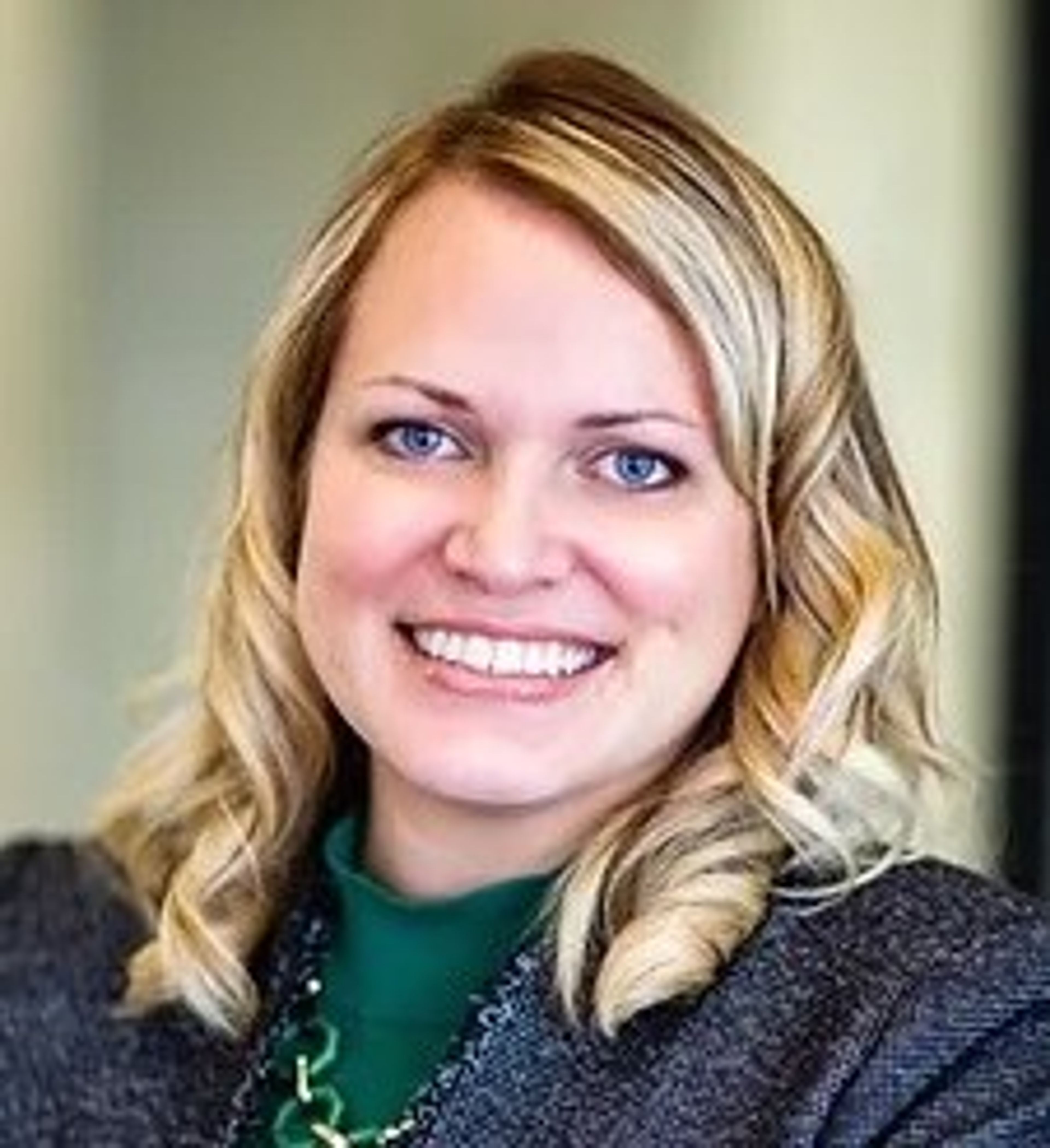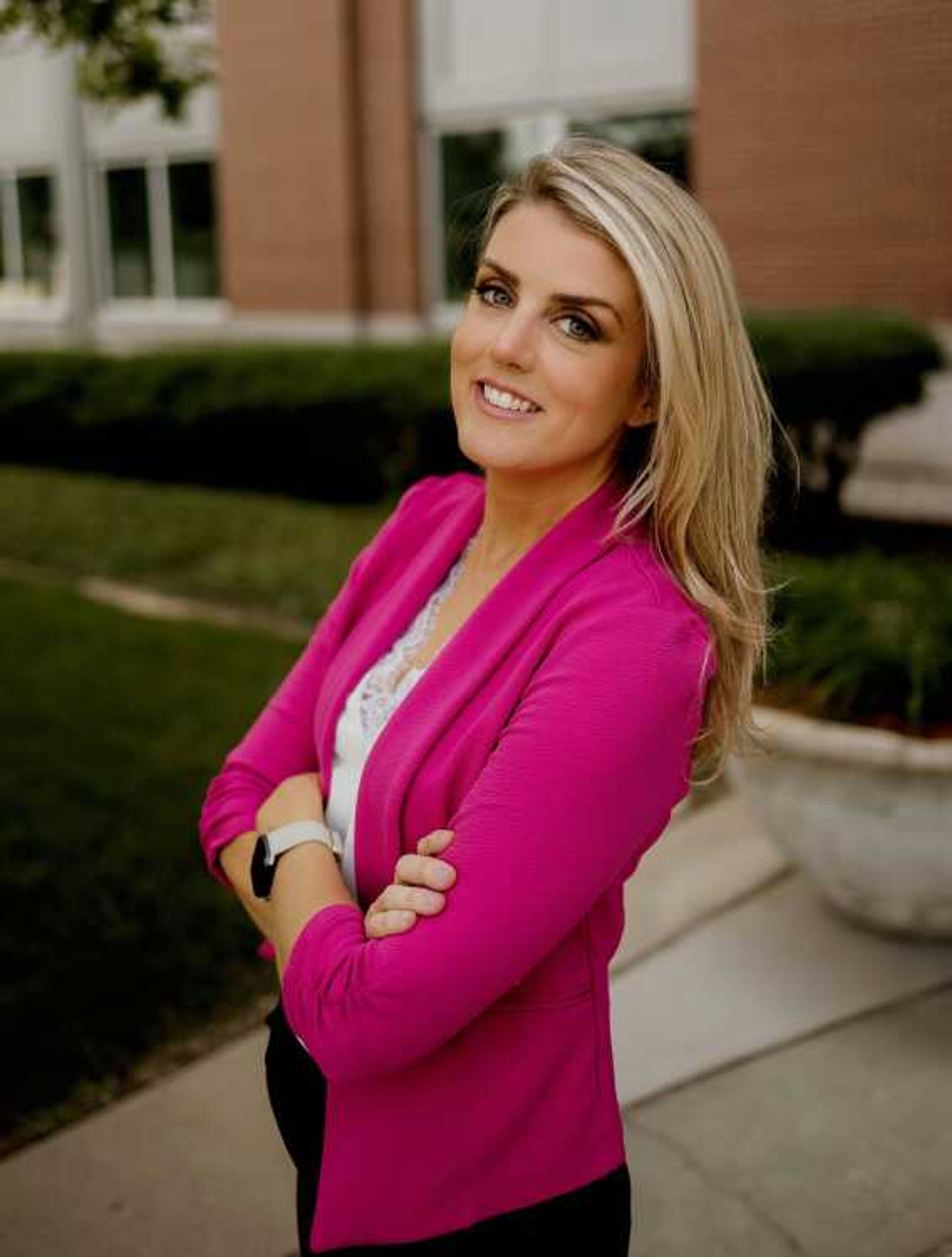Which one are you?
As a business owner, you have unique financial, retirement, and estate-planning needs. But, with all the work of running your company, you may have put off doing anything about them. If you don't have a plan in place for continuing your business once you step down, you may be placing the future of your business -- and your family's well-being -- in jeopardy.
Following are two hypothetical examples of family business owners and their different approaches to planning for the future -- and the consequences.
The careful planner
After running his own business for most of his adult life, Sam decided he would retire in five years. He wanted his daughters, Lisa and Marion, to take over the business. He planned to spend the next five years helping them prepare for that task. Sam knew that few family owned businesses survive the transition from first to second generation ownership. He was confident that his business would be one of the survivors.
With the help of his professional financial advisers, Sam organized his finance his finances and developed a program to ensure the smooth transfer of ownership of his business. The program had four parts:
-- A business plan that set goals for the business based on the consensus of the family;
-- A family plan that outlined policies relating to family participation in the business;
-- A succession plan designed to ensure the successful transfer of the business from generation to generation; and
-- An estate plan that would help minimize taxes and ensure the financial security of family members.
Once all family members agreed on the family and business plans, Sam focused on grooming Lisa and Marion to succeed him. Sam wanted his daughters to grow into their management roles over time and felt that the succession plan would help them. Sam could make any needed changes to the plan before he transferred control.
For business owners with doubts about their children's management ability, a family limited partnership -- FLP -- could be useful. An FLP enables business owners to transfer ownership to family members, but allows the owner to stay involved in day-to-day management.
Over the next several months, Sam:
-- Had his business appraised. This is a critical first step for business owners who want to transfer their businesses in a way that minimizes gift taxes. Federal gift (and/or estate) taxes have a big impact on total assets.
-- Developed an estate plan that would provide for his wife and other family members upon his death.
-- Coordinated his life insurance policies so that his estate would have funds to pay estate taxes.
-- Set up a charitable trust to benefit his favorite charity while providing him with income- and estate-tax advantages.
-- Reviewed his retirement resources. Sam wanted to be sure that he would have enough income to keep him and his wife comfortable throughout retirement. Sam and his adviser developed an investment strategy to help Sam achieve his financial goals.
By planning in advance, Sam was able to minimize estate and gift taxes, ensure the smooth transfer of his business to his daughters, and make sure that both he and his family were financially secure.
The non-planner
Dave paid little attention to succession, retirement, or estate planning, even though his construction firm had nearly 100 employees, $20 million in annual revenues, and enough upcoming projects to keep everyone busy for months. His children, Alan, Steven and Liz worked in various positions within the family business and assumed they would run the company someday.
When Dave died suddenly, the business almost died with him. Alan, Steven, and Liz were left with a huge estate-tax bill and no idea where to get the money to pay it. While they were dealing with the IRS and trying to raise the money for estate taxes, they neglected the business. Deadlines were missed, costs skyrocketed, and key personnel left. Alan and Liz resented Steven for how little time he spent on the business and eventually forced him out. The family split into several camps, all hostile toward each other.
In the three years since Dave died, the business has seen its annual revenues plunged by half and its workforce decline by almost two-thirds. The family is still bitterly divided. The outlook for the business is not good.
Which profile fits you? Many business owners fall somewhere in between Sam and Dave. If you're a business owner and have not yet addressed all your financial, retirement, and estate-planning needs, there's no time like the present to get started. A little advance planning can go a long way toward providing a secure future for you, your family, and your business.
Michael L. Parker, CFP, is a Certified Financial Planner practitioner in Sikeston with securities and advisery services offered through Lincoln Financial Advisors. He is a broker/dealer and registered investment adviser. (mparker50@aol.com)
Connect with the Southeast Missourian Newsroom:
For corrections to this story or other insights for the editor, click here. To submit a letter to the editor, click here. To learn about the Southeast Missourian’s AI Policy, click here.








